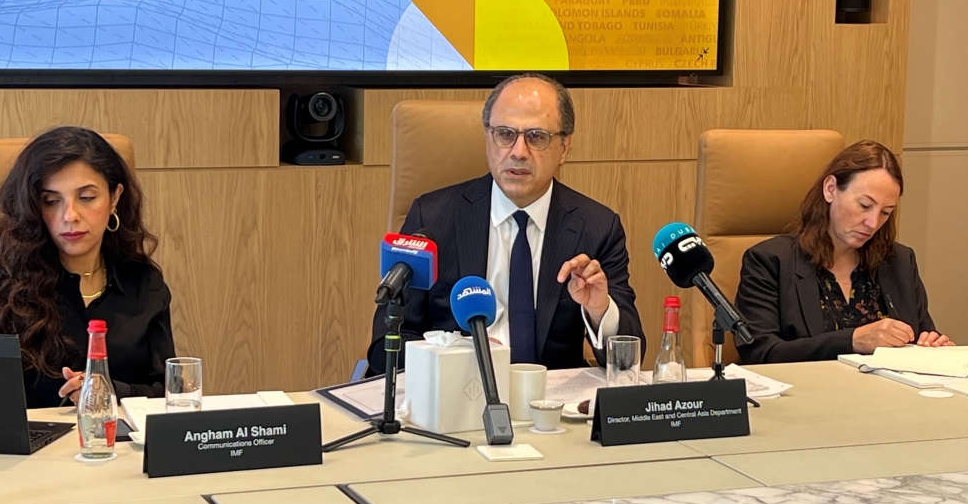
The UAE's economic growth is projected to lead the GCC in 2025, primarily driven by the non-oil sector, according to the Director of the Middle East and Central Asia Department at the IMF, Dr. Jihad Azour.
In statements to Emirates News Agency (WAM) on the sidelines of a conference organised by the Dubai International Financial Centre (DIFC) in collaboration with the IMF on Regional Economic Outlook for the Middle East and Central Asia - October 2024’, Dr. Azour stated that the UAE's non-oil sector is expected to achieve growth rates of 4 per cent to 5 per cent in 2025. “This robust growth underscores the effectiveness of the country's economic policies.”
Dr. Azour commended the UAE's adaptability to global economic and geopolitical shifts, highlighting its position as a key centre between major economic blocs and a hub for international events.
“Despite global challenges, the UAE economy has demonstrated swift adaptability and leveraged modern technology to excel,” he said, noting that the UAE has managed to sustain high growth rates.
He highlighted several factors bolstering the UAE's economic outlook, including investment in digital and technological sectors, renewable energy, and green initiatives, alongside the UAE's policy of diversifying investment sources and enhancing climate sustainability.
Dr. Azour said that the UAE economy has undergone significant changes in recent years due to global dynamics, noting that the COVID-19 pandemic, one of the most notable challenges, enhanced the UAE's adaptability and resilience. “Through the adoption of advanced technologies, the UAE improved its services, boosting competitiveness and reinforcing its status as a global economic and financial hub.”
He pointed out that the UAE has bolstered its reputation as a prime destination for global investments through significant investments in promising sectors like technology, technological infrastructure, and renewable energy. “Key economic events, such as Expo 2020 Dubai and the COP28 climate conference, also contribute to this enhanced appeal.”
Dr. Azour underscored that the UAE, especially Dubai, has become a safe haven for investors and strategic planning destinations, noting that investment in promising sectors will play a key role in advancing the UAE and Dubai economies and expanding new horizons for both.
About the Middle East region, Dr. Jihad Azour explained that the economic landscape varies by the type of economy in each country. He stressed that the current priority is to enhance economic stability and improve medium-term growth prospects.
Dr. Azour affirmed the IMF's commitment to supporting Middle Eastern and North African economies, highlighting that the Fund has provided US$13.4 billion in funding to the region, including Pakistan, this year. He projected a modest economic growth improvement in 2025, expecting the growth rate to rise from an average of 2.1 per cent this year to 4 per cent next year.



 Nasdaq set to confirm bear market as Trump tariffs trigger recession fears
Nasdaq set to confirm bear market as Trump tariffs trigger recession fears
 Dana Gas and Crescent Petroleum exceed 500M boe in Khor Mor field
Dana Gas and Crescent Petroleum exceed 500M boe in Khor Mor field
 China to impose tariffs of 34% on all US goods
China to impose tariffs of 34% on all US goods
 Shares bruised, dollar crumbles as Trump tariffs stir recession fears
Shares bruised, dollar crumbles as Trump tariffs stir recession fears



